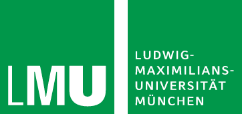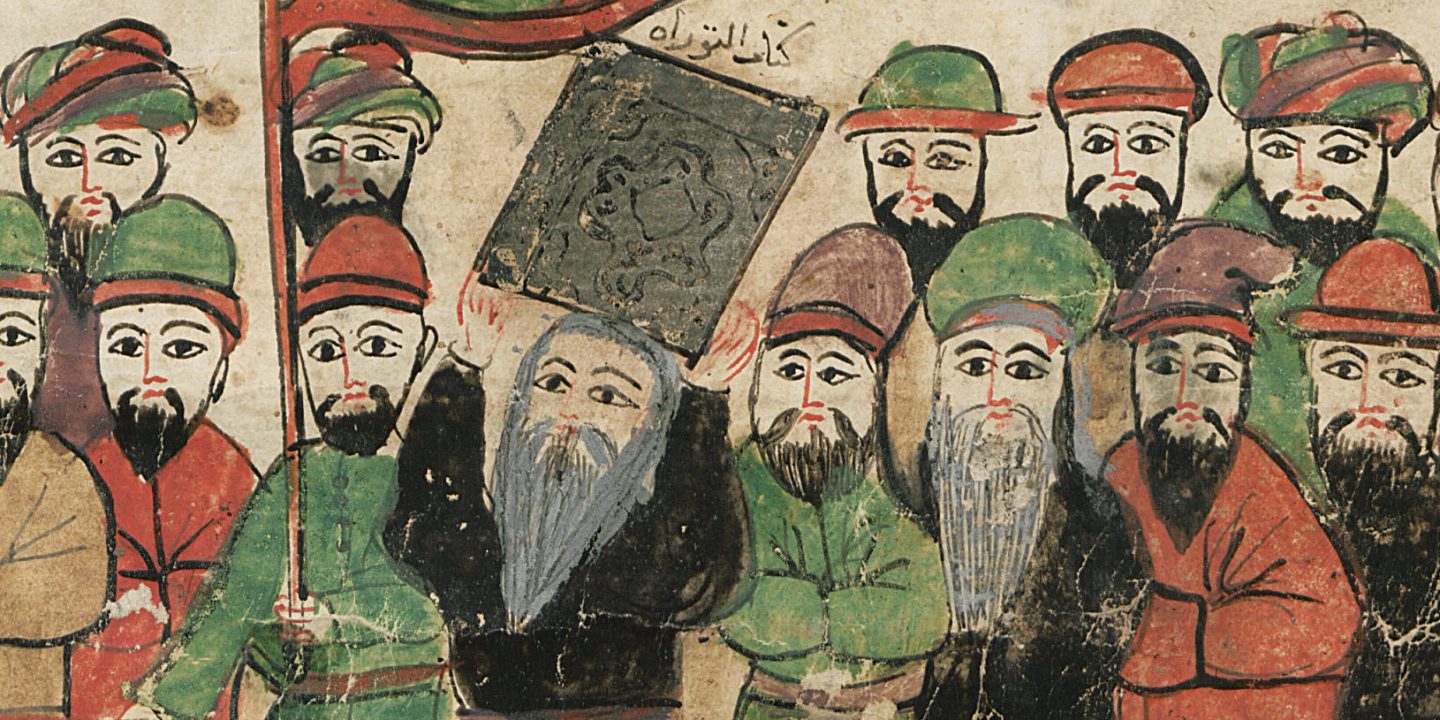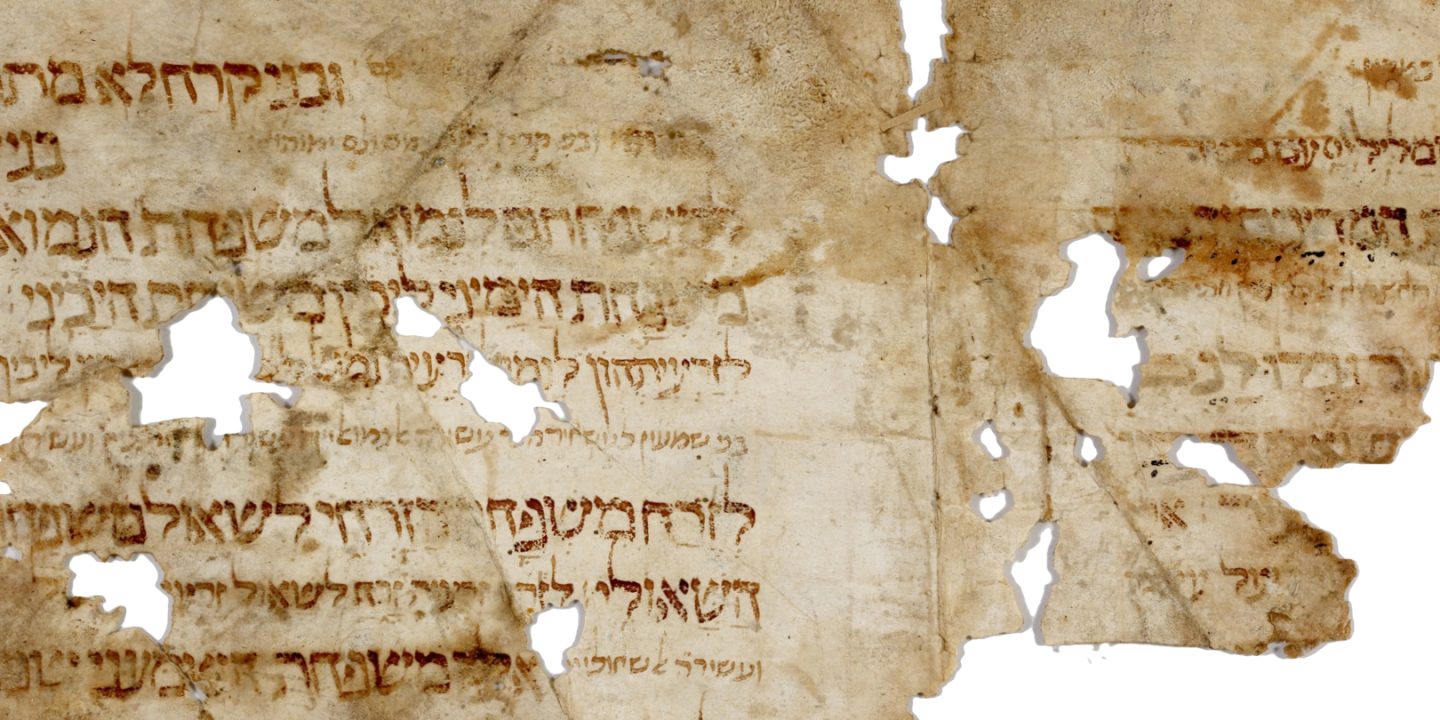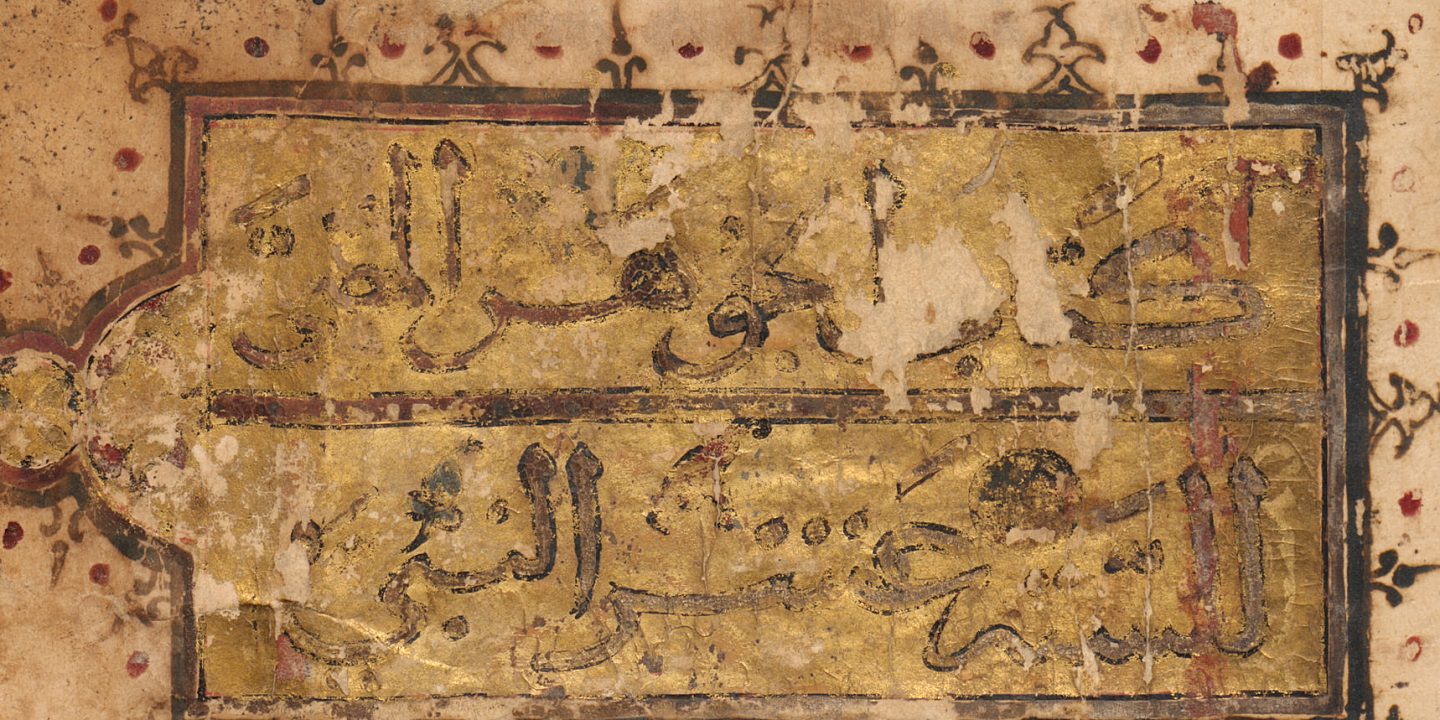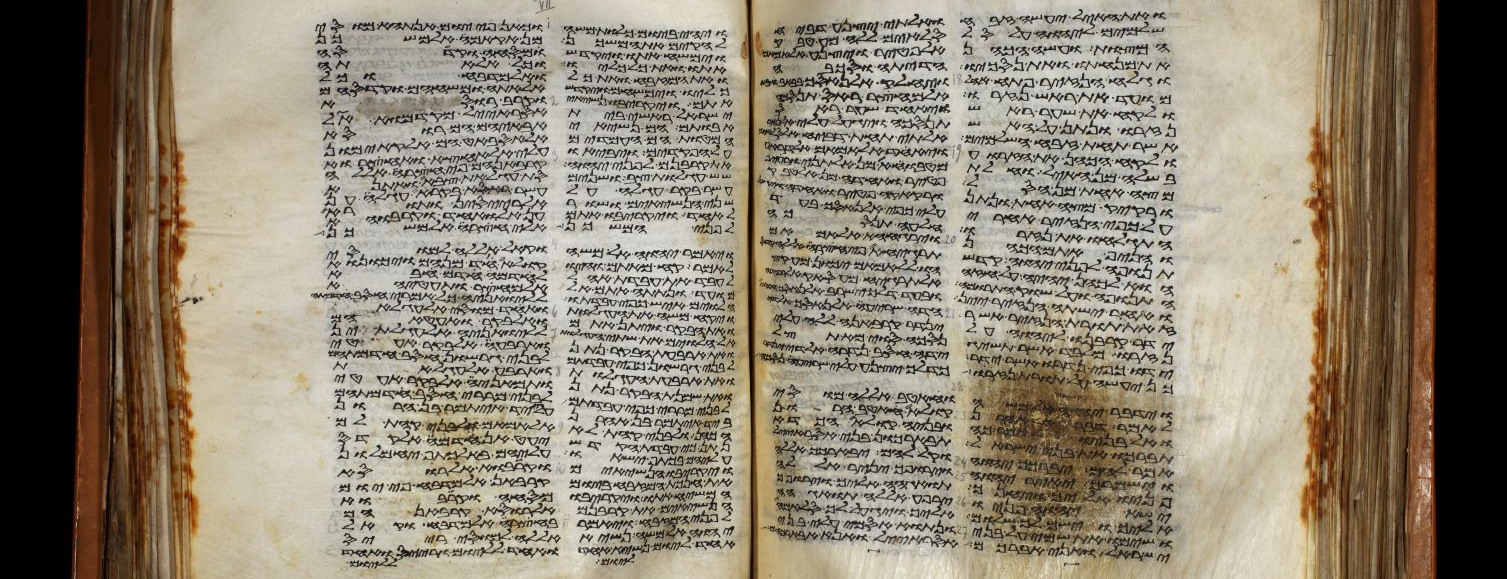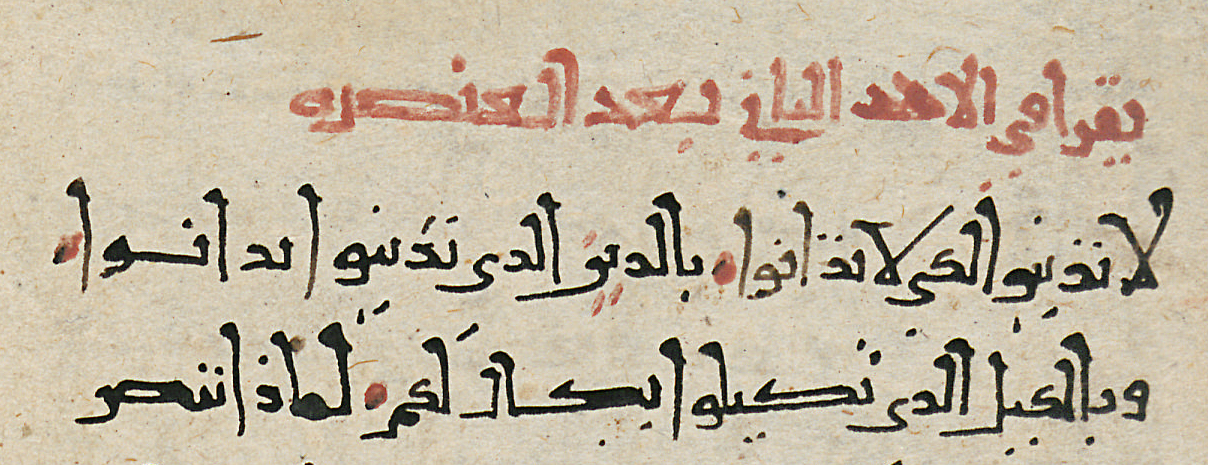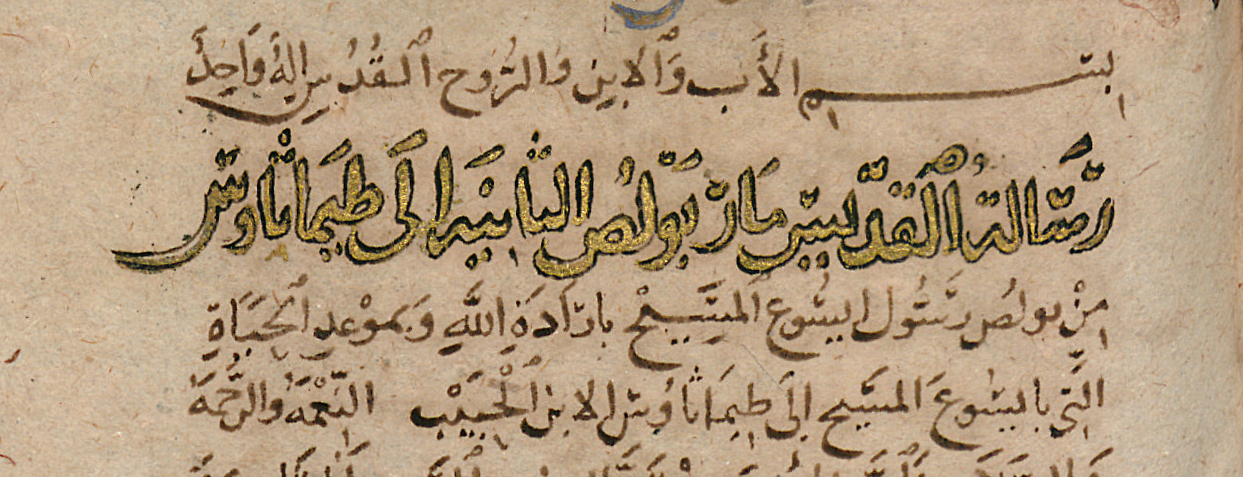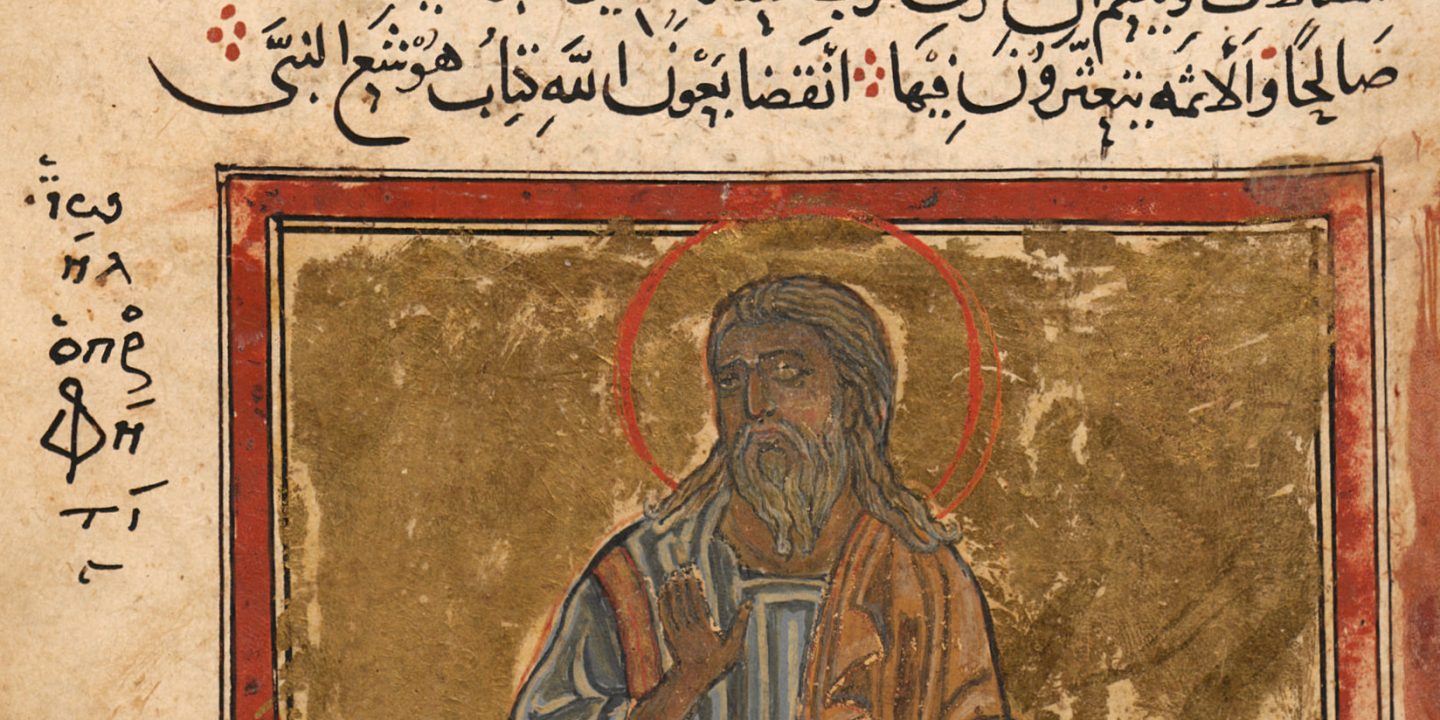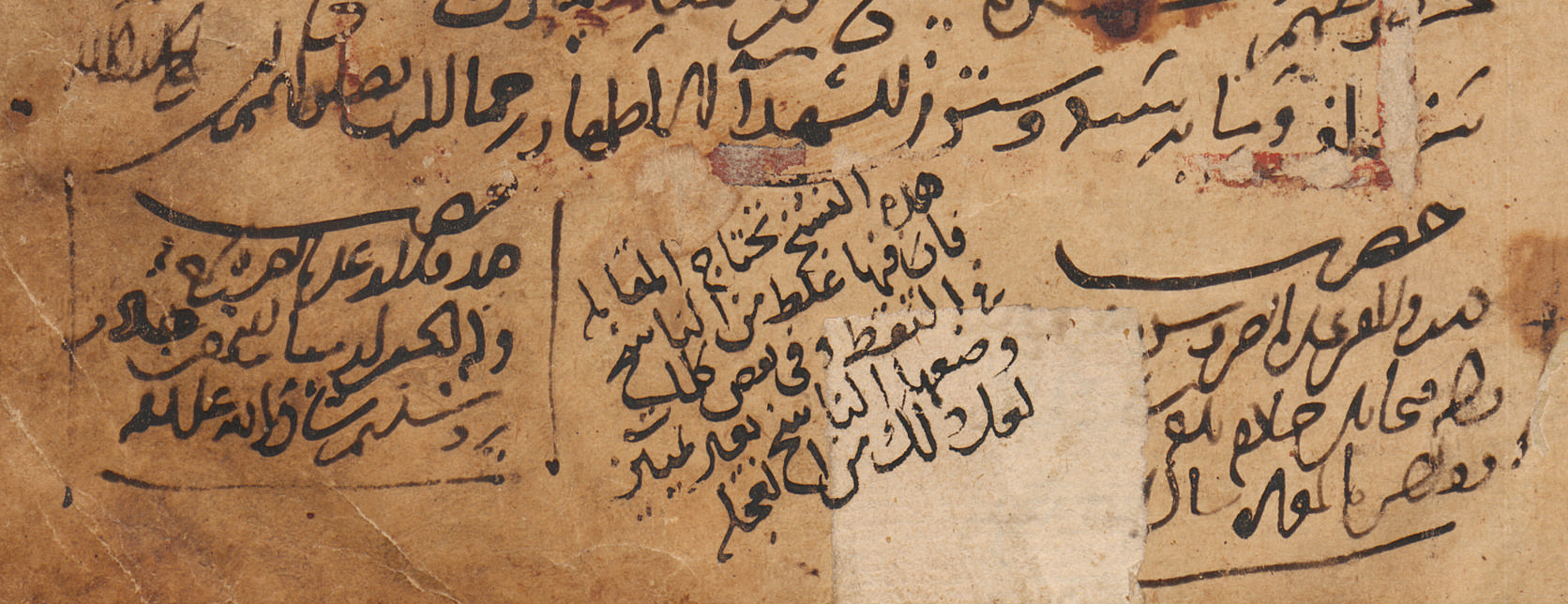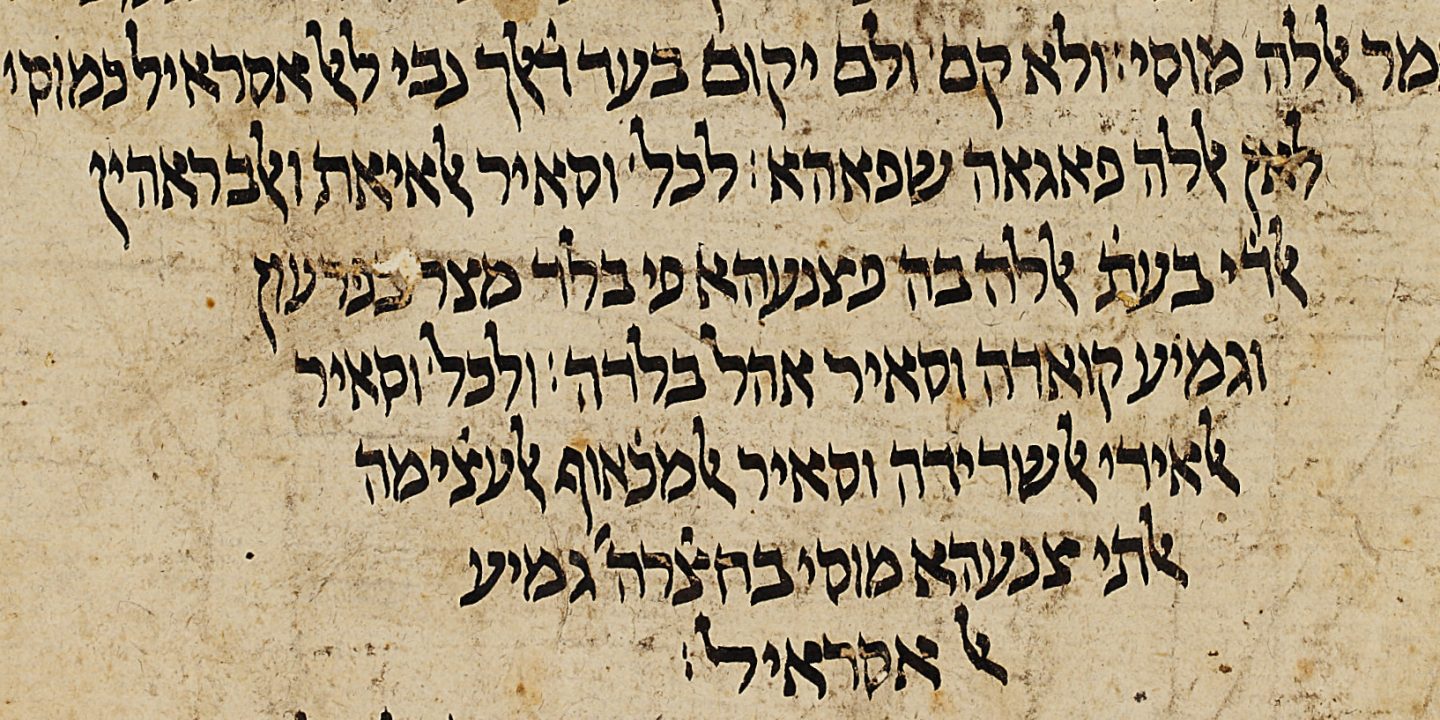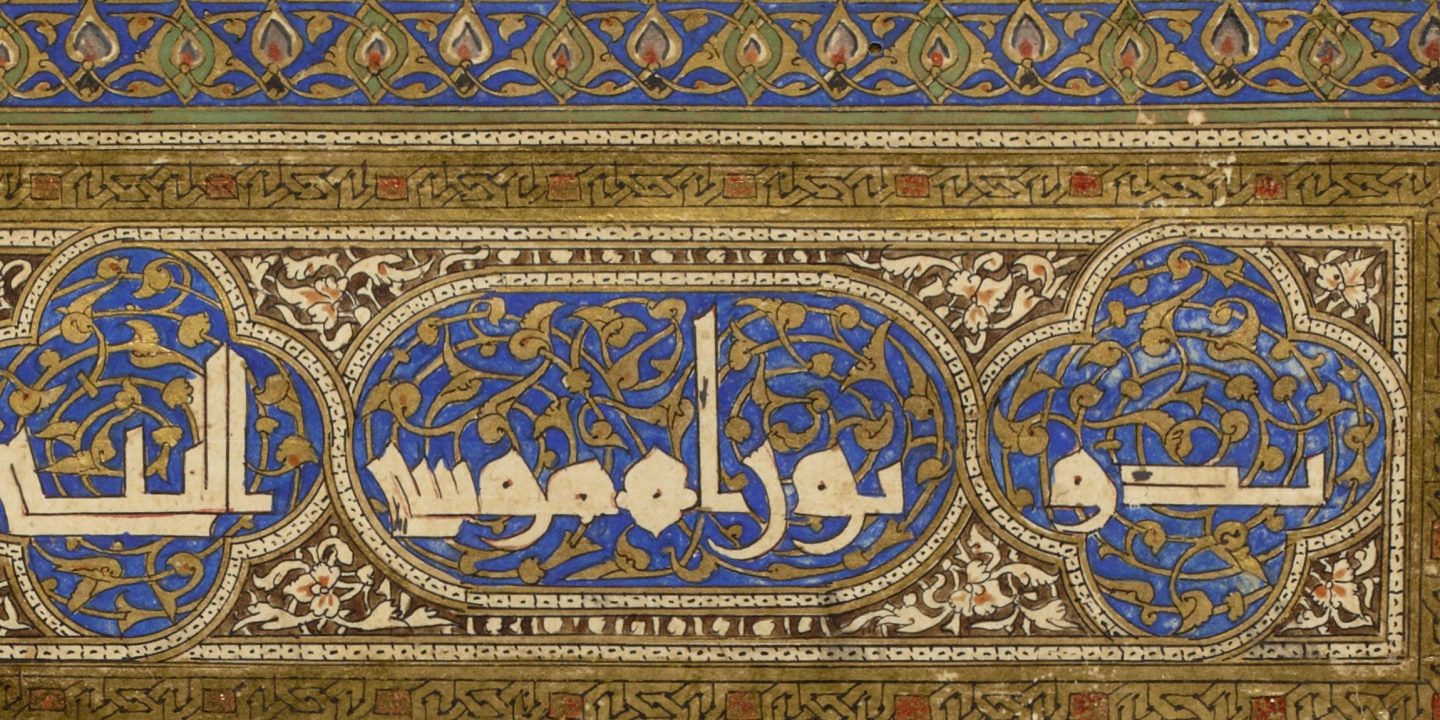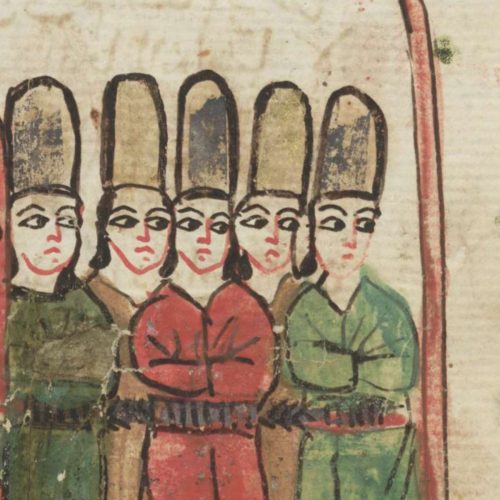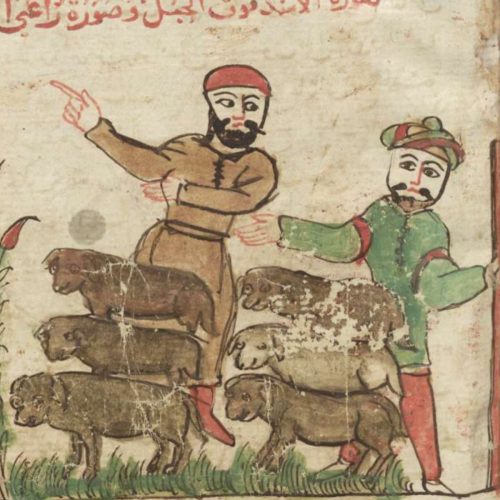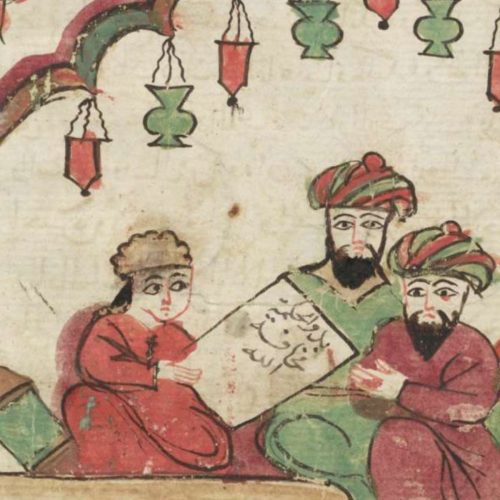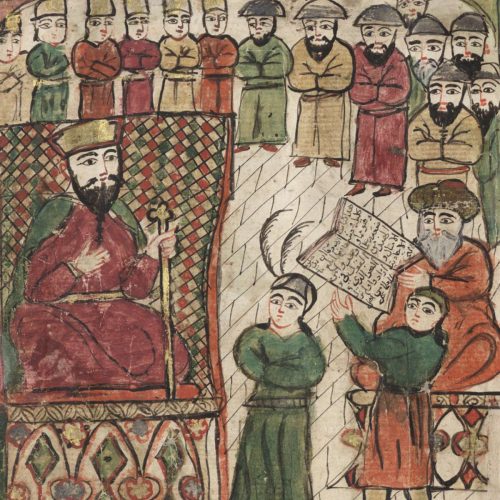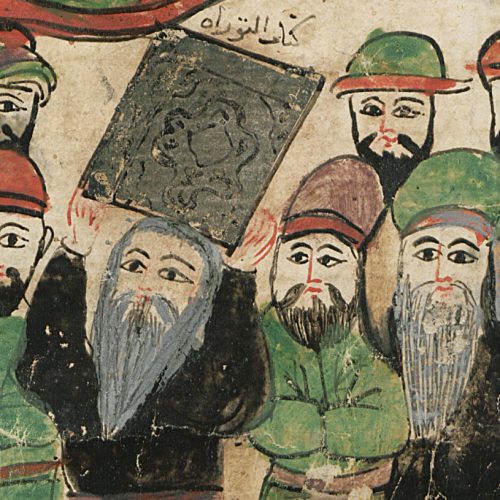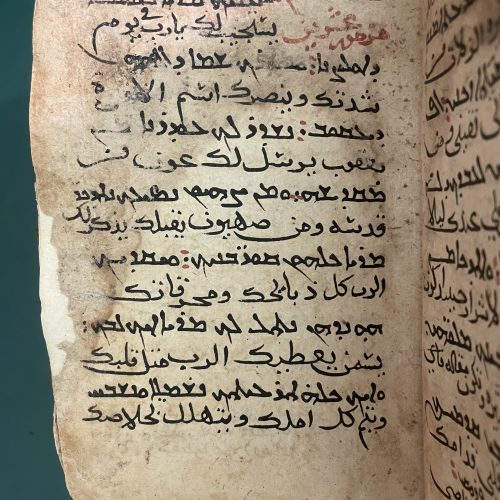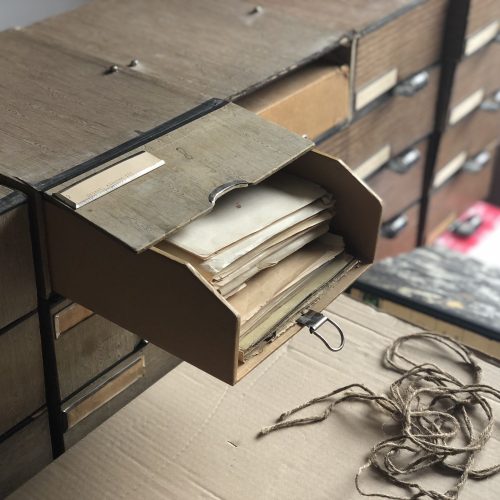Clavis of the Arabic Bible
A clavis of all surviving textual testimonies that will allow scholars easy navigation through the corpus and encourage them to take into consideration the full range of evidence is under development…
Bibliography of the Arabic Bible: a Classified and Annotated History of Scholarship
Provides a comprehensive and fully annotated bibliography of text editions and research in the field of Arabic Bible…
AccessDr. Iqbal Abdel Raziq: 2021 winner of Peras Gorgias
Dr. Iqbal Abdel Raziq will receive a book contract and academic editing of their unedited, English-language book draft.
Read moreRecent Posts
The blog highlights recent scholarship on the various aspects of the Arabic Bible…
ArchiveBiblia Arabica
The Bible in Arabic among Jews, Christians and Muslims
1. The Cultural Corpus
Shortly after the expansion of Muslim rule in the 7th and 8th centuries CE, Christians, Jews, and Samaritans living in the Muslim world began to translate their sacred texts—the Hebrew Bible, the New Testament and the Samaritan Pentateuch—into the new dominant language of the time: Arabic. Many of these translations, from languages such as Hebrew, Greek, Syriac and Coptic, have survived and have come down to us in a vast corpus of manuscripts and fragments that hail from monasteries, synagogues and libraries, especially in the Middle East. Manuscripts containing Arabic Bible translations constitute the most central record of Jewish and Christian cultural heritage in the Near East, with a transcommunal and transnational importance.
2. The Consortium
Biblia Arabica serves as a research consortium, bringing together different scholars interested in the field of the Arabic Bible. The groundwork was laid by the research project “Biblia Arabica: The Bible in Arabic among Jews, Christians and Muslims,” initially conceived by researchers from Freie Universität Berlin and Tel Aviv University. It was granted funding from DFG DIP grants (“Deutsch-Israelische Projektkooperation”) in 2012 and became the first project in the humanities ever to receive this prestigious grant
3. The Team
The project was lead by Camilla Adang and Meira Polliack of Tel Aviv University, on the Israeli side, and Sabine Schmidtke (then Freie Universität Berlin and now Princeton University) until 2015 and Andreas Kaplony and Ronny Vollandt of the LMU Munich from 2015 onwards.
Most of the outcomes of Biblia Arabica have been or will be published in the book series Biblia Arabica: Texts and Studies, published by Brill in Leiden and edited by an international team of six scholars.
Funded by
![]()
